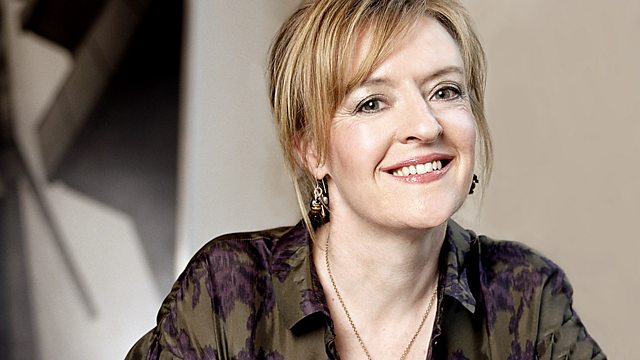Cot death and co-sleeping
Winifred Robinson tracks researchers on one of the world's largest child health studies, which has gathered statistics on 17,000 babies born in Bradford since 2007.
Families have given blood samples, medical histories, details of their educational attainment, eating and parenting habits, family structures and incomes. As the first children to join the study start school, Winifred finds out how they have fared.
The research team is based at the Bradford Royal Infirmary and its work will provide solid evidence to help answer some of the great medical puzzles of our time: everything from why some people have heart disease and depression to what is driving the rises in incidence of diabetes, asthma and obesity. The findings on cot death are just about to be released, with results that will significantly modify the guidance to parents. Other studies soon to be released with assess how far a pregnant mother's diet affects her baby's health.
The city is ethnically diverse - more than half of the 6,000 babies born each year have a mother of Pakistani origin. Bradford also has the highest rate of genetic illness in Britain and this is due to genetic disorders passed on in cousin marriages. The research has demonstrated that two thirds of mothers of Pakistani origin in Bradford have husbands who are their first or second cousins - which significantly increases the risk of autosomal recessive conditions.
This is the third programme in a continuing series and a chance to see how life is unfolding for young optimistic mothers in sometimes troubled relationships and difficult circumstances. Winifred spoke to them four years ago and catches up with their stories again.
According to the Head of the study, Professor John Wright - an epidemiologist based at Bradford Royal Infirmary - the aim is to find out more about the causes of childhood illness in children from all cultures and classes as their lives unfold: "It's like a medical detective story really - trying to piece together the clues in people's lifestyles, their environments and their genetic make-up, as we try to determine whether someone falls sick or someone doesn't.".
Last on
More episodes
Broadcast
- Wed 18 Apr 2012 11:0091热爆 Radio 4

